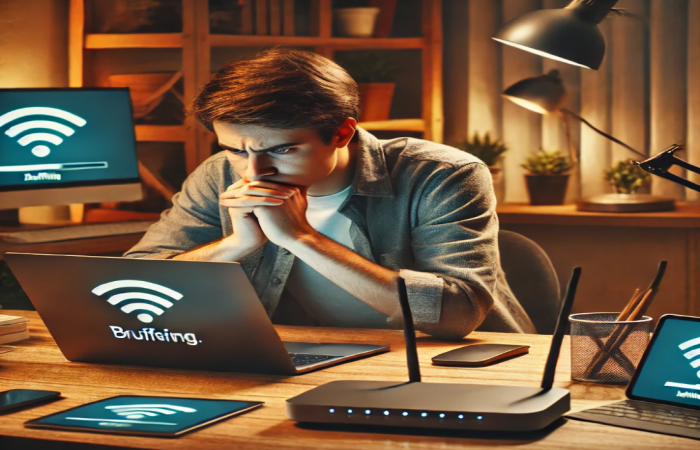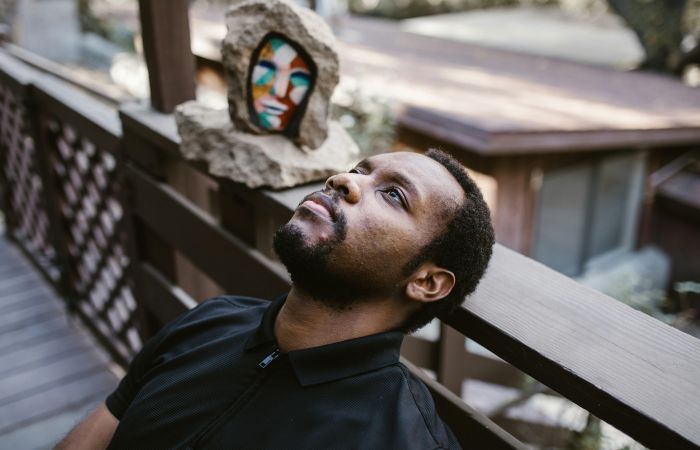
Embracing the Slow Life
In today's hyper-connected world, where everything is available at the tap of a button, it's easy to get caught up in the rush. Deadlines, constant notifications, and the endless pursuit of success often leave us feeling drained. Yet, amidst this whirlwind, many people are choosing to slow down, embracing a lifestyle rooted in mindfulness, balance, and intentional living.
The Slow Living Movement: What Is It?
The concept of "slow living" is about stepping back from the hustle and bustle, and focusing on quality rather than quantity. It encourages a mindful approach to daily life—whether savouring a home-cooked meal, spending time in nature, or simply disconnecting from technology to enjoy the present moment.
At its core, slow living isn't about laziness or avoiding responsibility. It's a response to the overwhelming speed of modern life, advocating for more thoughtful decision-making and cultivating a deeper sense of well-being. The slow movement has gained momentum across various areas, including slow food, slow travel, and even slow fashion.
Living with Intention: How to Slow Down
Prioritize What Matters: One of the first steps in adopting a slower lifestyle is to figure out what truly matters to you. Whether it’s spending more time with loved ones, pursuing a hobby, or focusing on your health, identifying your priorities will help you make decisions that align with your values.
Practice Mindfulness: Being mindful means being fully present in whatever you’re doing—whether it’s a conversation with a friend or a quiet morning routine. By focusing on the here and now, you reduce stress and improve your overall quality of life.
Declutter Your Schedule: Modern life often comes with a packed schedule, leaving little room for downtime. Start by assessing your commitments. Are there activities or obligations that no longer serve you? By decluttering your schedule, you make space for rest and creativity.
Limit Screen Time: While technology is an integral part of our lives, constant connectivity can be overwhelming. Setting boundaries for screen time, especially on social media, allows you to be more present and connected to the physical world around you.
Reconnect with Nature: Whether it’s a weekend hike, a walk in the park, or tending to a garden, spending time outdoors has been proven to reduce stress and enhance mental well-being. Nature offers a natural antidote to the hectic pace of urban life.
The Benefits of Slow Living
Those who have embraced slow living often report an increased sense of peace and fulfilment. With less emphasis on external achievements and more on internal contentment, life feels richer and more meaningful. Time moves at a different rhythm, allowing for deeper relationships, self-discovery, and creativity.
Slowing down also has tangible health benefits. Reduced stress levels lead to better sleep, improved mental clarity, and a stronger immune system. The simplicity that comes with this lifestyle can also help reduce anxiety, as there’s less pressure to constantly perform or keep up with societal expectations.
:max_bytes(150000):strip_icc()/GettyImages-1179942683-7760cf53ee4a457587e09ab34e5a25a9.jpg)
Conclusion: A Journey, Not a Destination
Embracing a slow lifestyle is not about drastically changing your life overnight. It's a gradual process that starts with small, intentional choices. The aim is to create a life that feels more balanced, more aligned with who you are, and ultimately, more enjoyable.
Joel is a passionate tech enthusiast with a flair for writing captivating tech stories. With a deep interest in emerging technologies, he shares insights and narratives that inspire and engage readers in the world of innovation.
















